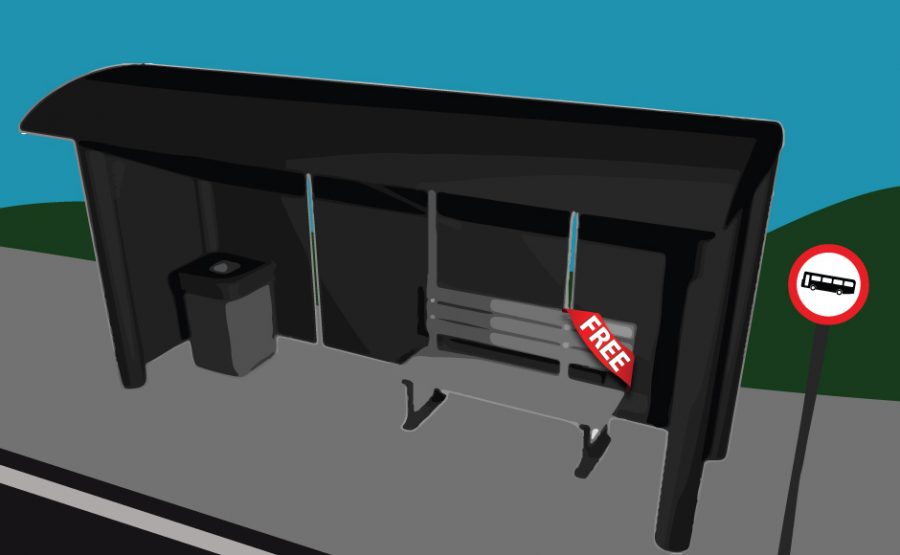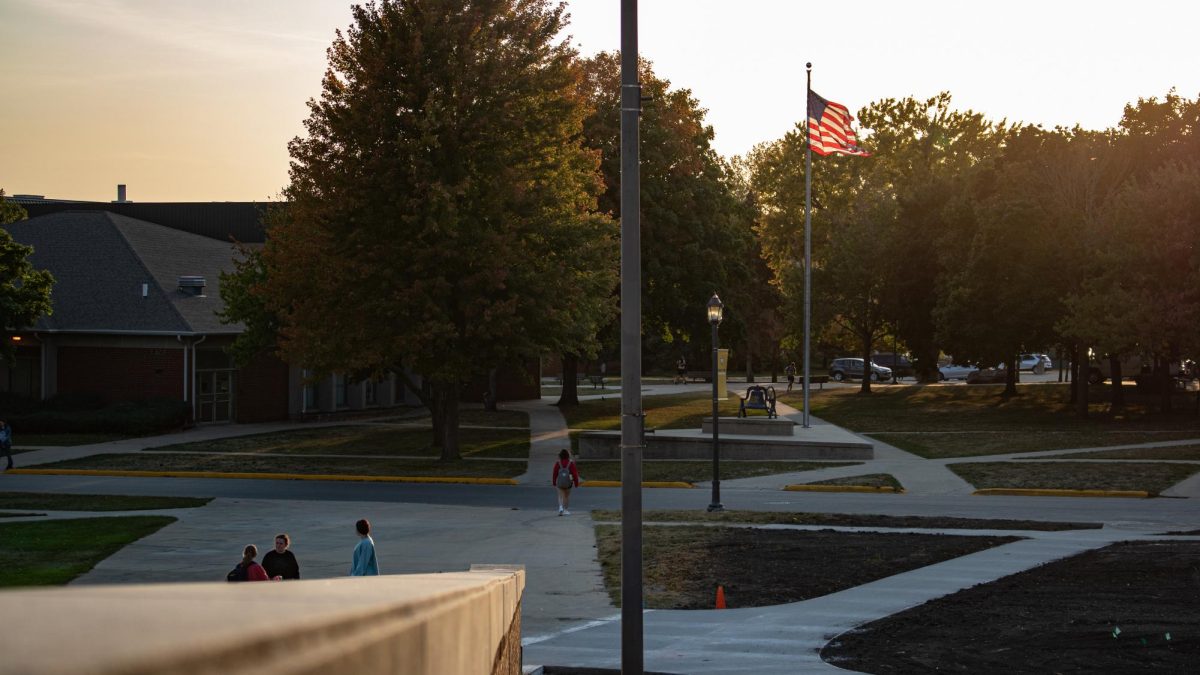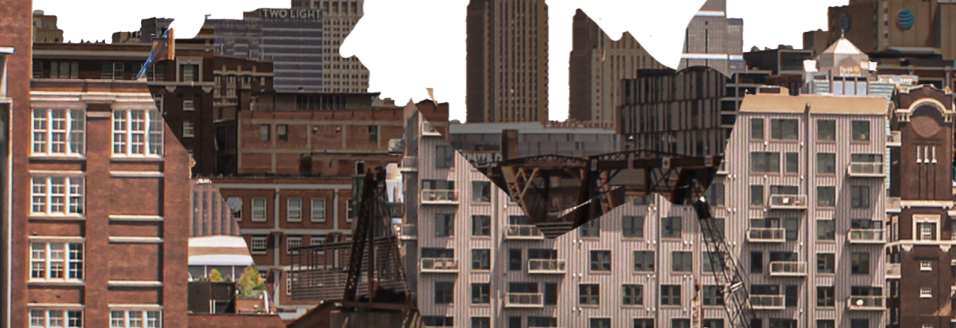Adam Ullerich | Opinion Assistant Editor
Every semester I attend BVU there is one thing I can depend on the most and that is a higher tuition each semester. For a time it didn’t really bother me, I just assumed this was the natural course that all universities took. But the more I thought about it, the more it started to make sense- our tuition pays for hundreds of things that hundreds of people use on a daily basis: the faculty, staff, library, servery, recreation center, campus security, health services, awesome residence life professionals, great student groups, interesting and relevant classes, ACES, and much more. When each of these things must be funded, the amount that each student has to pay just keeps getting higher and higher. What a BVU student needs to know is that the list above doesn’t even scratch the surface. If you really want to know everything your tuition and philanthropic donations afford, experience campus to the fullest and take note of everything that is made readily available for you; those are the things for which you and others are paying.
Which brings me to my first main point of this article: fill out the course and professor evaluation forms. Honestly BVU already has your monies and could just not care at all how you liked your education or what you got out of it. But instead, you’re asked and your responses matter. The University values student feedback in shaping and reshaping important courses as well as in determining instructor allocations. Take full advantage of this opportunity to honestly give feedback. BVU does not have to do it, but it is an opportunity, because it gives some power and its associated responsibility to students.
What about those things that we all have to pay for, but not everyone uses? This is where a conversation can get very grey, especially when there is no one definition as to what the role of a university should be. Should a school have to provide a library, a nurse, a gym, and so on? While academic accreditors have the final say, this is up to us as students. Obviously we liked what we saw in BVU and the opportunities it presented, because we are all here going to class this academic semester instead of elsewhere. We are showing that there is a demand for what BVU is supplying, and BVU is only trying to do the logical thing- supply. BUT this is where I start to run into problems; if every single service is lumped under one payment by the students, how does the university know is the real reason we are coming here? How does BVU determine its priorities or know what public goods are beneficial to the campus in the present and future, or the extent to which they should be provided, and which ones are hardly being used or being used by only a small portion of the students? Since we all pay tuition, it might appear to the university that we all demand everything they supply.
And my second point… as an educational institution, the university should stop funding anything that is not mission focused and academic related. (Don’t freak out, you can make a case for everything being academic related) Why? With decreased coast and more effective stewardship, tuition could go down, with more money for students to spend as they wish. The university will no longer be expected to pick up the bill. When students have to directly pay for things out of their pockets, innovations and substitutions come quickly.
An example is the “rides program”. The Saturday and Sunday bus is entirely funded by BVU and is a “free” (or HIGHLY subsidized) service. A common response to an intrusive tax is people desiring less of a taxed service or buying fewer of a taxed good. Alternatively, if you subsidize something, people do more of it…be it good for them or not. Accordingly, our university is subsidizing trips to the bar and increasing those troublesome time delayed costs associated with alcohol consumption.
So what should we do?
Cut the late night “rides bus.” Don’t have BVU pay for it. Require students who want to go to the bar to create, innovate, be entrepreneurial and find the best deals for them. Maybe it will be a bus, maybe not. Maybe it will cost $1 a night or maybe it will cost $5. But let the users pay, wherein their demand will be focused and the supply will arise as an effective demand is expressed.
Graphic by Justice Gage









